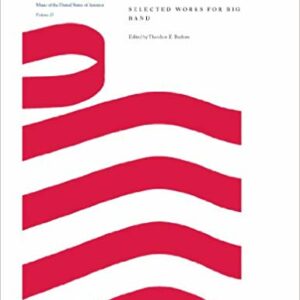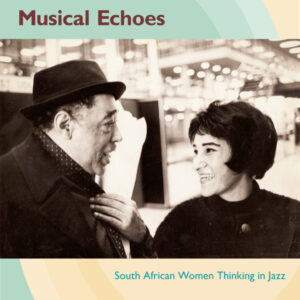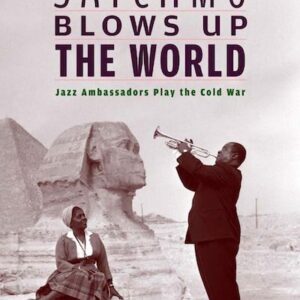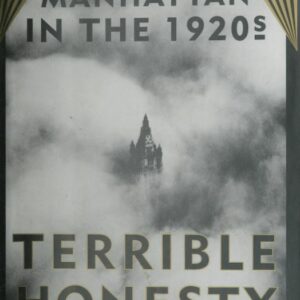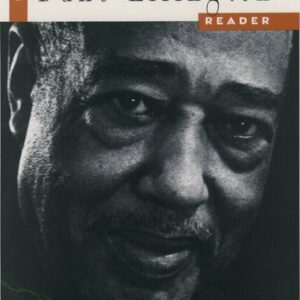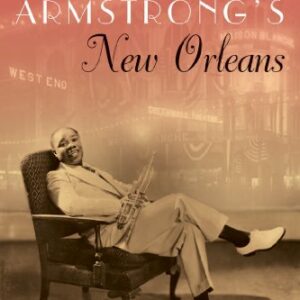
Louis Armstrong’s New Orleans
By Thomas Brothers (NHC Fellow, 2003–04) In the early twentieth century, New Orleans was a place of colliding identities and histories, and Louis Armstrong was a gifted young man of psychological nimbleness. A dark-skinned, impoverished child, he grew up under low expectations, Jim Crow legislation, and vigilante terrorism. Yet he also grew up at the … Continued
